It is expected that the total coal consumption demand of the Group in 2025 will reach about 44.7 million tons, of which coal for electricity production accounts for a large proportion. In case thermal power plants increase the amount of coal in stock or switch to using blended coal with higher volatility, the total consumption output may exceed 45.1 million tons. To meet that demand, TKV plans to import about 8.87 million tons of coal, equal to 70.9% of the growth plan. It is expected that by the end of 2025, the amount of imported coal in stock will be about 267,000 tons, a relatively low level, posing a risk of local coal shortages at some blending points.
Explaining the increase in coal imports while domestic coal is having difficulty selling, a representative of the TKV Coal Business Board said: Domestic coal is anthracite coal, the oldest type of coal in the formation age of coal. When used for electricity production, anthracite coal has the disadvantage of being difficult to burn completely, and the ash still contains 15-20% unburned carbon. In addition, during the mining process, due to poor screening, Vietnamese coal still contains many impurities. Meanwhile, imported coal is mainly bituminous and sub-bituminous coal, which are flammable coals, suitable for burning in power plant boilers. In principle, the more flammable the coal, the better it is for use in power plants.
Not to mention issues such as high domestic coal production costs, increasingly deep mining areas leading to increasingly large investment rates... Therefore, coal import is the optimal solution to ensure enough raw materials for coal blending and supplying to thermal power plants.
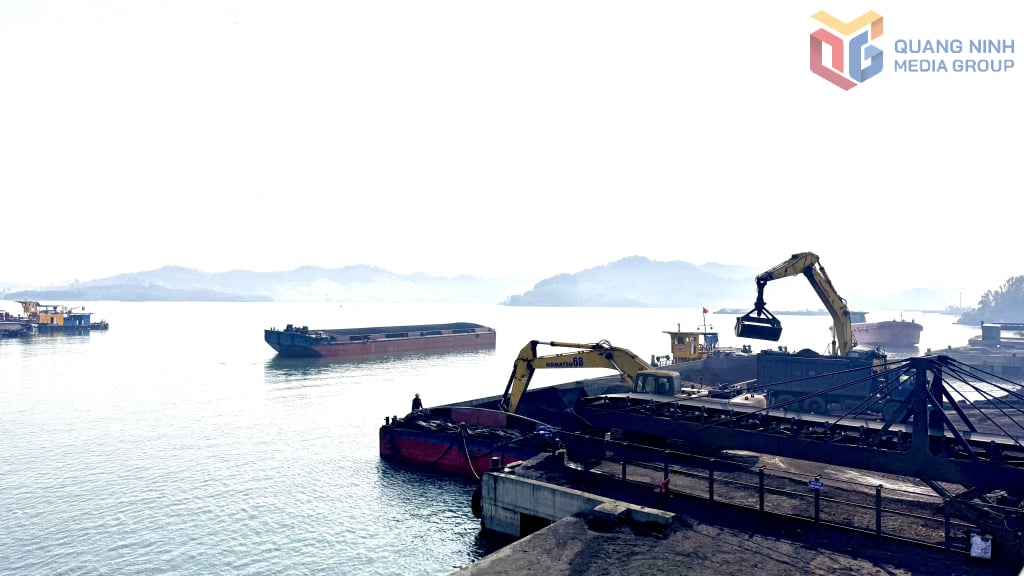
Faced with that situation, TKV directed specialized departments to flexibly manage and boost consumption in areas with high inventory; increase the proportion of domestic coal in imported blended coal; and partially transfer the plan to import 400,000 tons of Lao coal to January 2026 to match the negotiation progress and balance supply and demand.
One of the notable highlights is that TKV has signed a 10-year long-term contract (2025-2034) with a partner in Laos to supply anthracite coal, with a volume of about 5 million tons/year. This is the result of a series of careful negotiations between TKV, importers, Army Corps 19 and international consulting partners. In addition, in 2026, TKV plans to import 11.85 million tons of coal (of which 2.5 million tons are from Laos). The plan for the first quarter of 2026 has been provisionally assigned with an output of 3.2 million tons, equivalent to 27% of the total volume for the year, showing the determination to prepare supplies early to avoid disruptions in the supply chain.
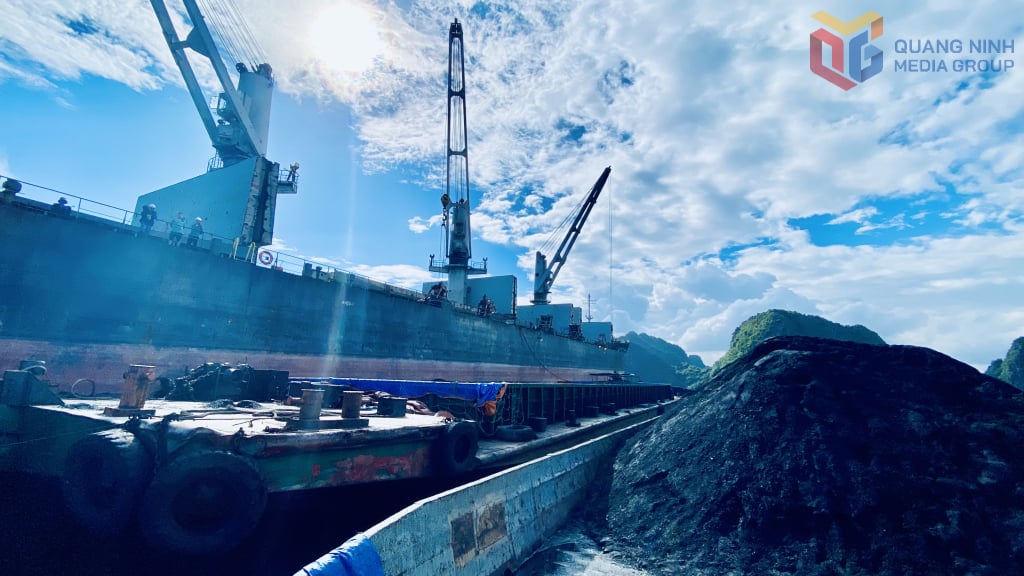
Along with the long-term import strategy, TKV is closely coordinating with Vietnam Electricity (EVN) and Army Corps 19 in supplying anthracite and bituminous/sub-bituminous coal to thermal power plants. The two sides have agreed on a roadmap for signing cooperation agreements and long-term contracts from the end of 2025 to the first quarter of 2026, to ensure a stable and safe fuel source for Vinh Tan 4, Duyen Hai 3, Quang Trach plants, etc.
In the context of continued increase in energy demand, TKV's promotion of coal import plan not only meets immediate requirements but also has long-term strategic significance, which is to form a diverse and stable coal supply chain, contributing to maintaining national energy security, especially in the energy transition period and ensuring balanced economic and environmental development.
By proactively expanding import sources, improving blending efficiency, signing long-term contracts and tightening risk management, TKV is affirming its core role in ensuring fuel sources for electricity production, the foundation of the country's economic growth.
Source: https://baoquangninh.vn/tkv-thuc-day-ke-hoach-nhap-khau-than-dam-bao-an-ninh-nang-luong-3384131.html


![[Photo] Deep sea sand deposits, ancient wooden ship An Bang faces the risk of being buried again](https://vphoto.vietnam.vn/thumb/1200x675/vietnam/resource/IMAGE/2025/11/13/1763033175715_ndo_br_thuyen-1-jpg.webp)


![[Photo] Unique art of painting Tuong masks](https://vphoto.vietnam.vn/thumb/1200x675/vietnam/resource/IMAGE/2025/11/14/1763094089301_ndo_br_1-jpg.webp)

![[Photo] Special class in Tra Linh](https://vphoto.vietnam.vn/thumb/1200x675/vietnam/resource/IMAGE/2025/11/14/1763078485441_ndo_br_lop-hoc-7-jpg.webp)




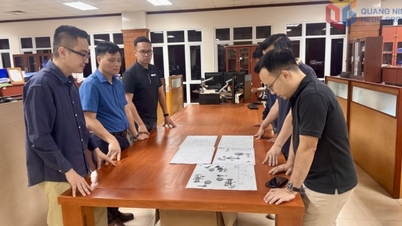
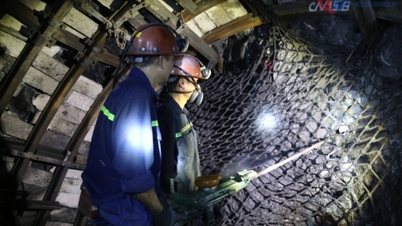

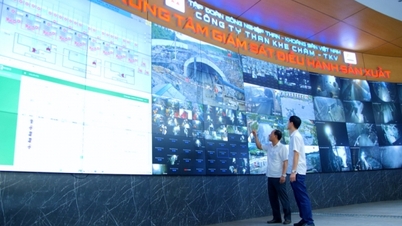
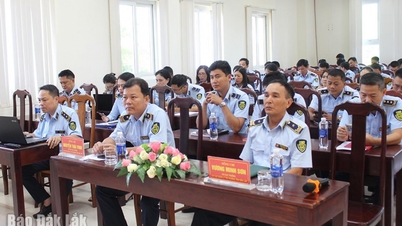







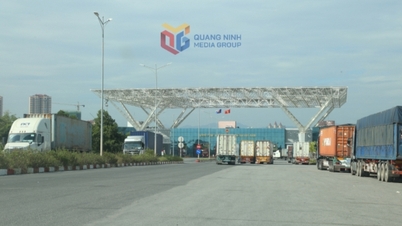
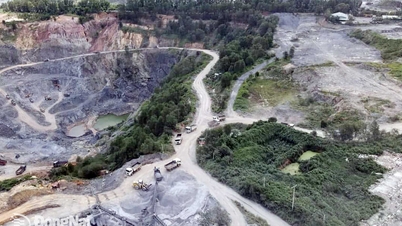









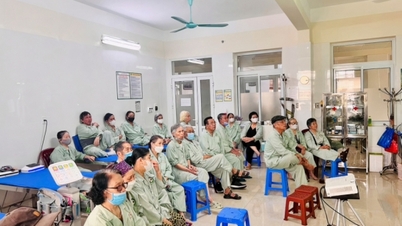
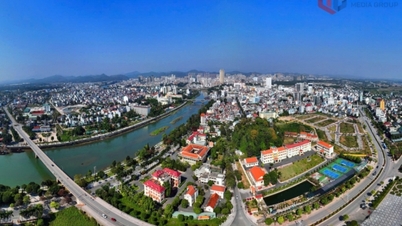











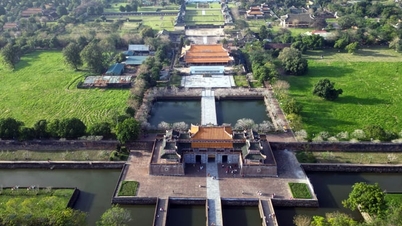


























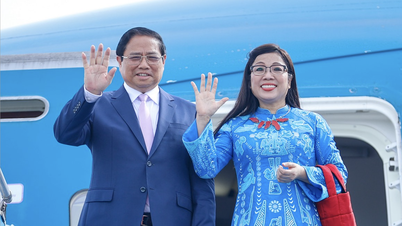




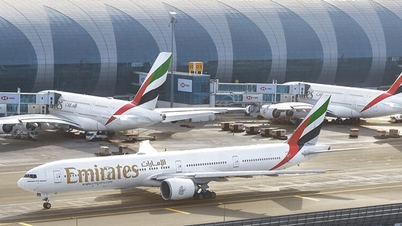



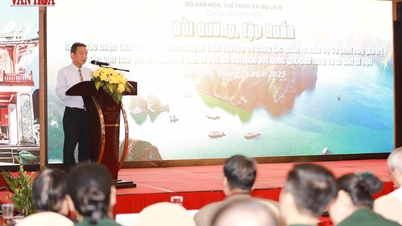


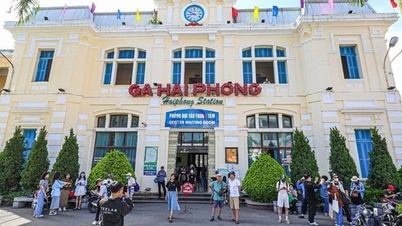



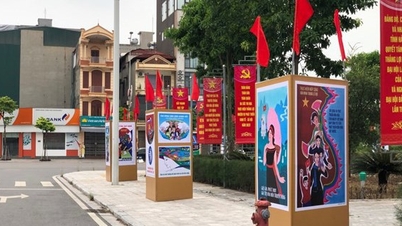
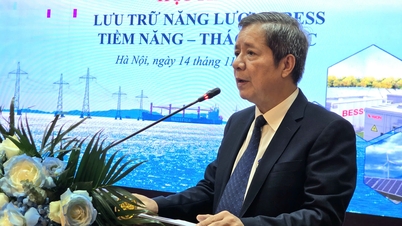
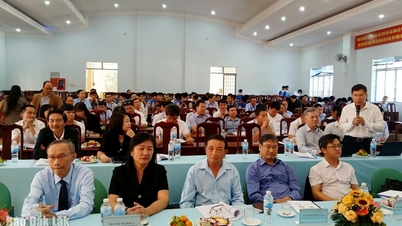
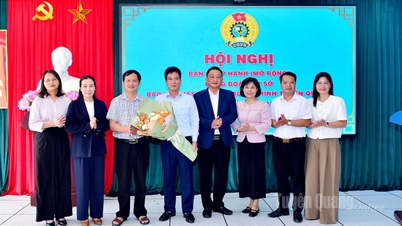

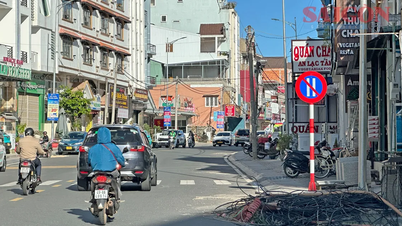
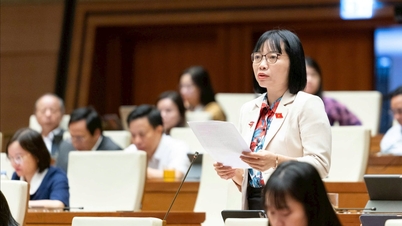

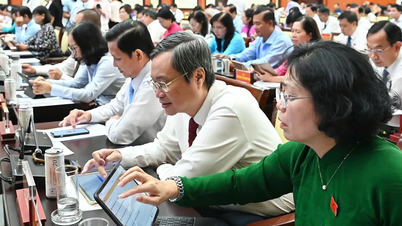
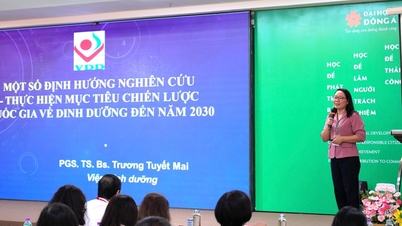





![Dong Nai OCOP transition: [Article 3] Linking tourism with OCOP product consumption](https://vphoto.vietnam.vn/thumb/402x226/vietnam/resource/IMAGE/2025/11/10/1762739199309_1324-2740-7_n-162543_981.jpeg)




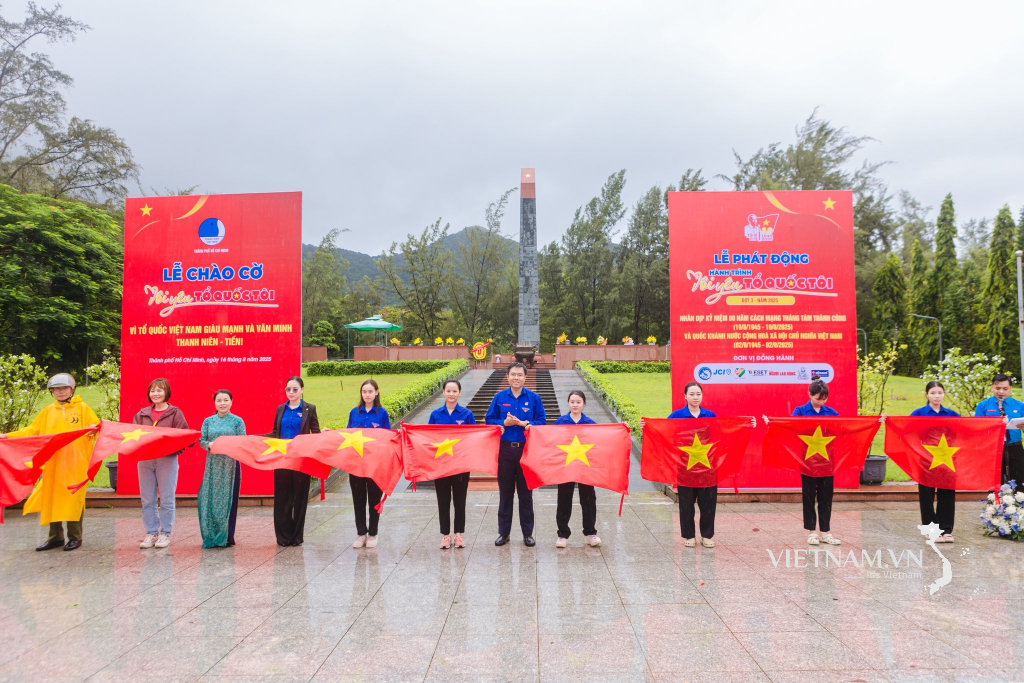

Comment (0)